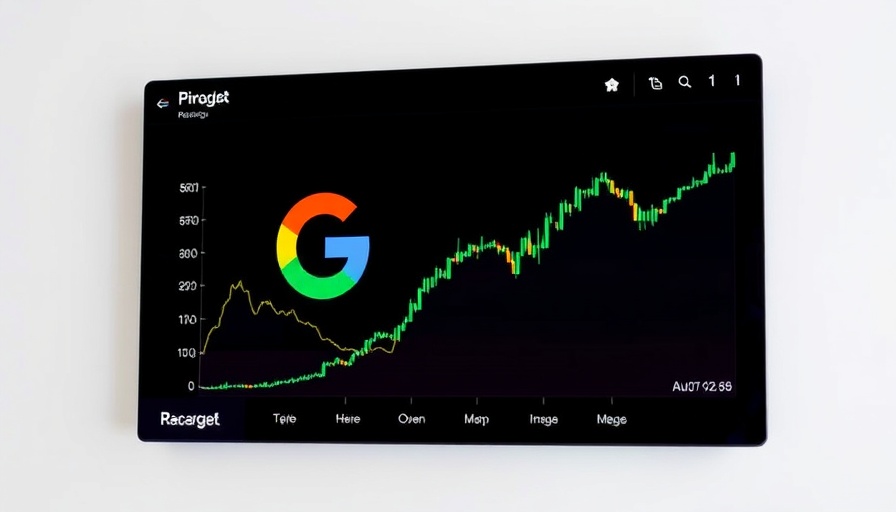
Understanding the Uprising in Indonesia: What Sparked the Violence?
In late August 2025, Indonesia saw one of its most violent protests in decades, leading to dramatic changes in lawmakers' perks. Sparked by public outrage over perceived excessive benefits for parliamentarians, the situation escalated following the tragic death of a motorcycle rideshare driver at the hands of law enforcement. This unrest sheds light on growing discontent among citizens regarding economic inequality and governmental privilege.
Societal Implications of Political Protests
The protests in Indonesia are indicative of widespread frustration among ordinary citizens, who feel disconnected from their government. Demonstrators expressed anger not only at financial allowances for lawmakers but also at mounting economic pressures faced by the average citizen. This unrest resonates with people globally, as many nations experience similar tensions between government officials and the citizens they represent, particularly during times of economic hardship.
A Comparative Look: Protests as a Reflection of Global Struggles
Historically, protests can serve as a vehicle for societal change. For instance, similar movements in countries like Brazil and France have emerged over issues like corruption, inequality, and the cost of living. In each case, the government’s response—whether conciliatory or aggressive—has played a critical role in determining the violence or longevity of protests. In Indonesia, the move to reduce lawmakers’ benefits reflects a significant response aimed at bridging the gap between politicians and constituents, but whether this is enough remains to be seen.
Looking Ahead: Predictions for Indonesia's Political Landscape
The Indonesian government’s concession to cut perks indicates a possible turning point. However, ongoing protests suggest a lingering dissatisfaction among citizens. Future unrest could persist unless the government commits to addressing more systemic issues, such as healthcare, education, and employment opportunities. Political analysts suggest that the depth of reform required might lead to further instability, particularly if the administration fails to effectively manage this new phase of political engagement.
The Role of Economic Factors in Political Stability
Economic factors play a huge role in political stability, especially in emerging markets. As the protests have revealed, perceptions of inequality can lead to widespread unrest. Additionally, the stock market's immediate reaction to the riots—experiencing a steep selloff—illustrates the fear investors have over the country’s political climate. For investors, understanding these dynamics can provide insights into risk management strategies and the potential long-term implications of political unrest on market conditions.
Implications for Investors: Navigating Through Uncertainty
As Indonesia faces political unrest, investors must tread carefully. A plunging stock market is often a sign of deeper issues at play. Diversifying portfolios by considering assets that perform well in volatile environments—such as bonds or commodities—can help manage risk. Investors should stay informed on both political developments and market performance to navigate this uncertain landscape effectively.
Feedback from the Investment Community: Insights and Advice
Given the ongoing situation in Indonesia, investment advisors are urging caution. Analysts recommend regular portfolio reviews, focusing on what assets will hold their value in the face of political turmoil. Furthermore, the importance of investing in stable economies cannot be overlooked; diversifying into international assets may provide a buffer against local political unrest.
Building Future Resilience Through Responsible Investment
In light of the protests, Indonesia's economy may face significant challenges. For investors, focusing on ESG (Environmental, Social, and Governance) principles in their investment strategies could present a dual opportunity: generating profit while fostering political and social stability. Responsible investment not only holds potential for returns but can also contribute positively to the social fabric of emerging markets.
As the situation continues to unfold, understanding its influences on investment strategies and broader economic ramifications will remain crucial. The tale of Indonesia’s protests is not just about political upheaval; it reflects deep societal currents that influence how investors view risk and opportunity.
 Add Row
Add Row  Add
Add 



Write A Comment